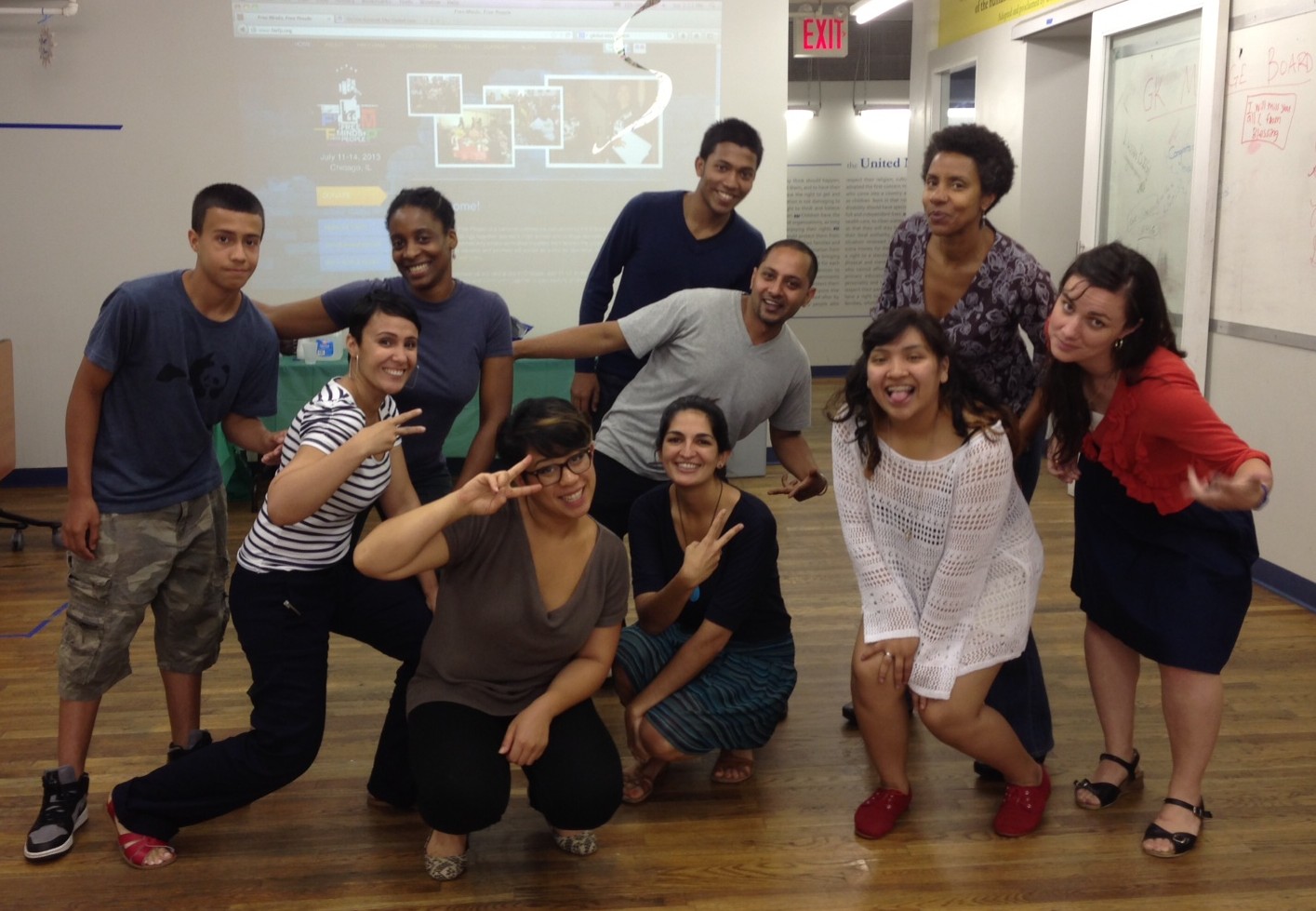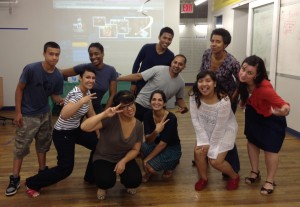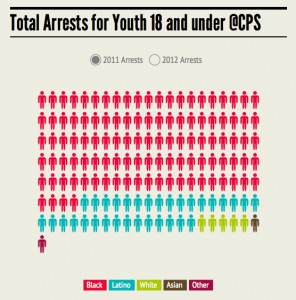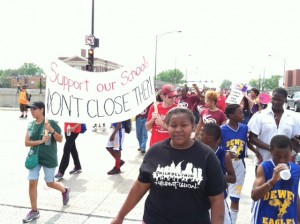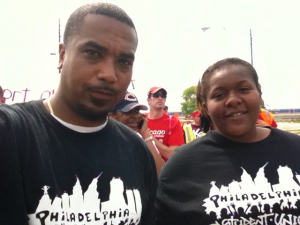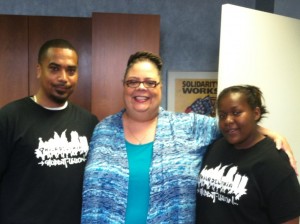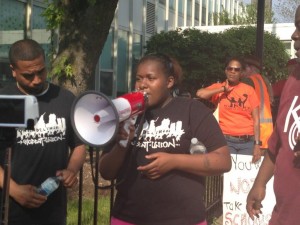The world of online casinos is vast and varied, and for players in Canada, the rise of $1 deposit casino is gaining popularity. These platforms cater to players who want to experience online gambling without committing large sums of money upfront. $1 deposit casinos allow users to make small initial investments while still gaining access to bonuses, promotions, and a wide range of games. This makes them particularly attractive to beginners or those who want to test the waters before diving into full-scale gambling. Let’s explore what $1 deposit casinos are, how they work, and why they have become such a big deal in Canada.
What Are $1 Deposit Casinos?
As the name suggests, a $1 deposit casino allows players to start playing with a deposit as low as $1. These casinos provide an affordable entry point into the world of online gambling, making them accessible to a wider audience. While traditional casinos might require larger deposits to unlock bonuses and promotions, $1 deposit casinos are designed to offer the same opportunities with a much smaller financial commitment.
Why Do They Exist?
The main reason for the rise of $1 deposit casinos is to attract new players. By offering low deposit options, these casinos lower the barrier to entry, allowing users who might be hesitant to risk significant amounts of money to give it a try. This is especially appealing to casual players and those looking to explore the world of online gambling without taking on too much risk.
Key Benefits of $1 Deposit Casinos
There are several advantages to choosing a $1 deposit casino, especially for Canadian players. Let’s break down some of the key benefits:
1. Low Risk for Players
- You can start playing with a minimal financial commitment.
- Perfect for new players who want to try online gambling without risking too much.
2. Access to Bonuses
- Even with just a $1 deposit, many casinos offer bonuses such as free spins or match bonuses.
- Some casinos offer significant promotions for small deposits, allowing you to maximize your initial investment.
3. Diverse Game Selection
- You still get access to a full range of casino games, including slots, table games, and live dealer options.
- Many $1 deposit casinos partner with leading software developers, ensuring high-quality games.
Popular Promotions at $1 Deposit Casinos
The promotional offers available at $1 deposit casinos can vary significantly from one platform to another, but you can typically expect to see a range of bonuses and incentives to keep players engaged. Here are some of the most common promotions you’ll find:
1. Welcome Bonuses
- Often the most attractive feature, a welcome bonus rewards new players upon their first deposit.
- Some casinos will match your $1 deposit with bonus funds, such as offering a $20 match bonus or free spins.
2. Free Spins
- Many casinos offer free spins on popular slot games as part of their $1 deposit offer.
- This allows players to try their luck on slot games without using their deposited funds.
3. No Deposit Bonuses
- Some platforms might even offer a no-deposit bonus, which allows you to play with bonus money or free spins simply by signing up, before making a deposit.
- Although not as common, these promotions are a great way to get started.
How to Find the Best $1 Deposit Casinos in Canada
Not all $1 deposit casinos are created equal. To make the most of your online gambling experience, it’s important to choose a reputable platform that offers a solid mix of games, bonuses, and security. Here’s a checklist to help you find the best $1 deposit casinos in Canada:
1. Licensing and Regulation
- Ensure the casino is licensed by a reputable regulatory body such as the Malta Gaming Authority or the UK Gambling Commission.
- A licensed casino guarantees fairness and protects players’ personal and financial information.
2. Game Variety
- Look for casinos that offer a wide variety of games, including slots, table games, and live dealer options.
- High-quality platforms partner with top software providers like Microgaming, NetEnt, and Evolution Gaming.
3. Payment Methods
- Check that the casino offers convenient payment methods, including credit cards, e-wallets like PayPal and Skrill, or bank transfers.
- Be sure to confirm that $1 deposits are accepted with your preferred payment method.
4. Customer Support
- Reliable customer support is essential, especially if you encounter issues with deposits, withdrawals, or games.
- Look for 24/7 customer service via live chat, email, or phone.
Are $1 Deposit Casinos Worth It?
For many players, $1 deposit casinos are absolutely worth trying. These casinos offer a low-risk, high-reward opportunity to enjoy the thrill of online gambling without having to commit large amounts of money. Whether you’re looking to test a new platform, enjoy some casual gaming, or take advantage of generous bonuses, $1 deposit casinos provide an excellent entry point.
However, it’s essential to remember that while these casinos offer bonuses and promotions for small deposits, responsible gambling practices should always be followed. Be sure to set limits on your deposits and play within your means.
Conclusion
$1 deposit casinos in Canada have opened up the world of online gambling to a broader audience, offering low-risk opportunities with potentially high rewards. Whether you’re a beginner looking to test the waters or a seasoned player wanting to try something new, these platforms provide an accessible and enjoyable experience. Just remember to choose a reputable, licensed casino to ensure a safe and fair gaming environment.
For further reading on responsible gambling and industry trends, you can check out articles from reputable sources such as CBC News or The Globe and Mail.
By following these guidelines, you can make the most of your online gaming experience at Canada’s $1 deposit casinos.
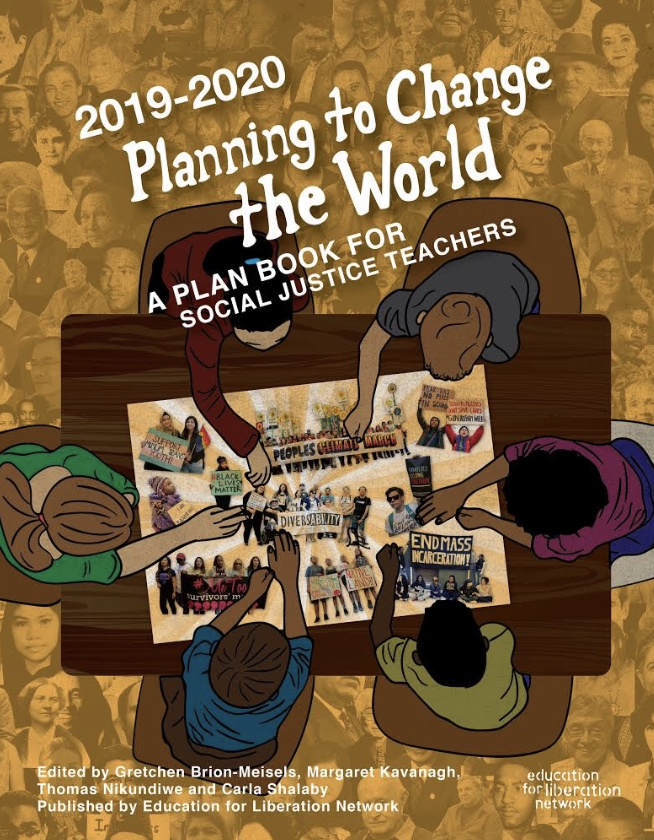
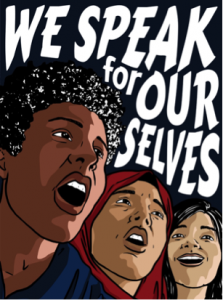

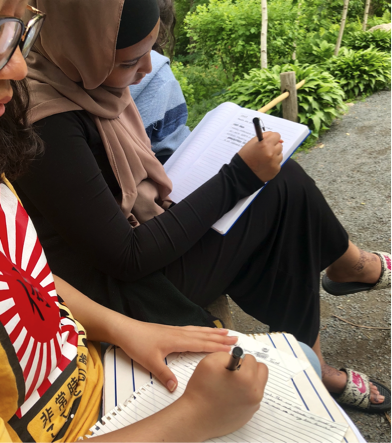
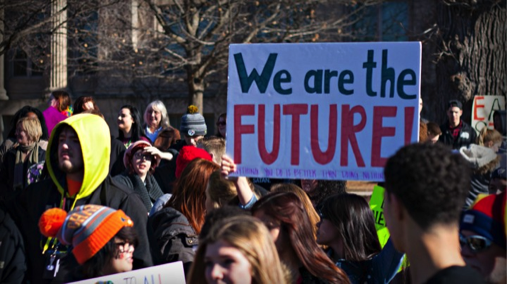
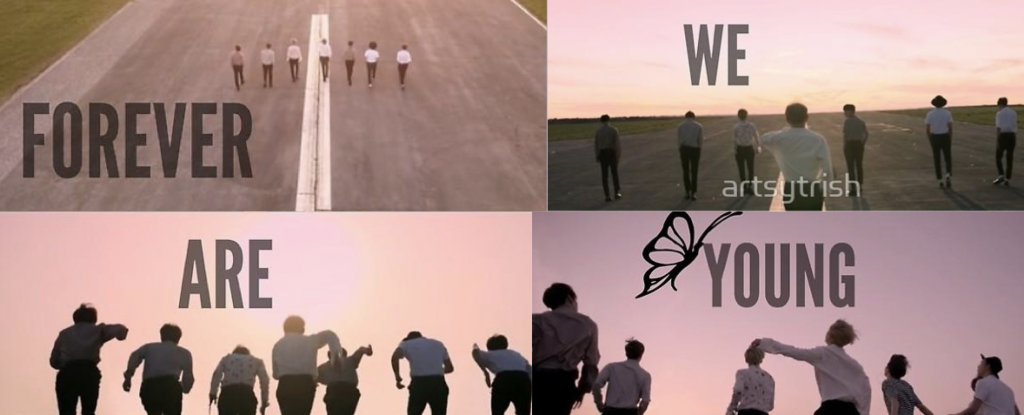
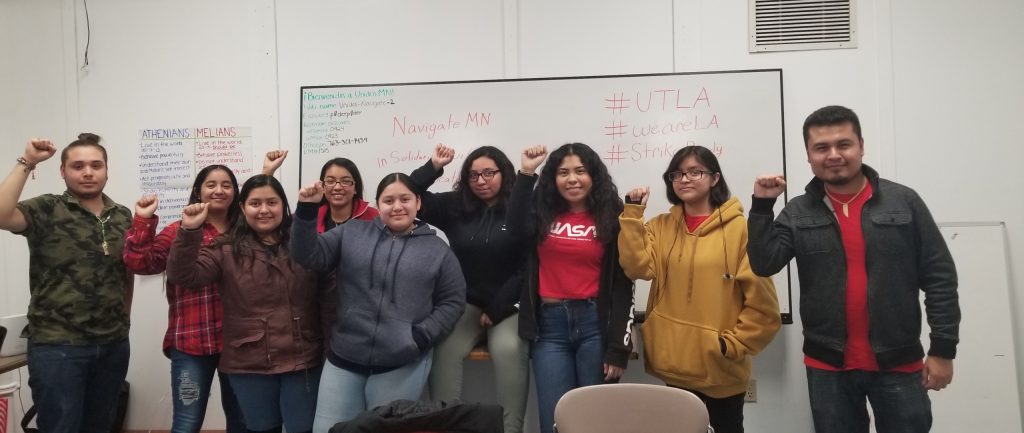
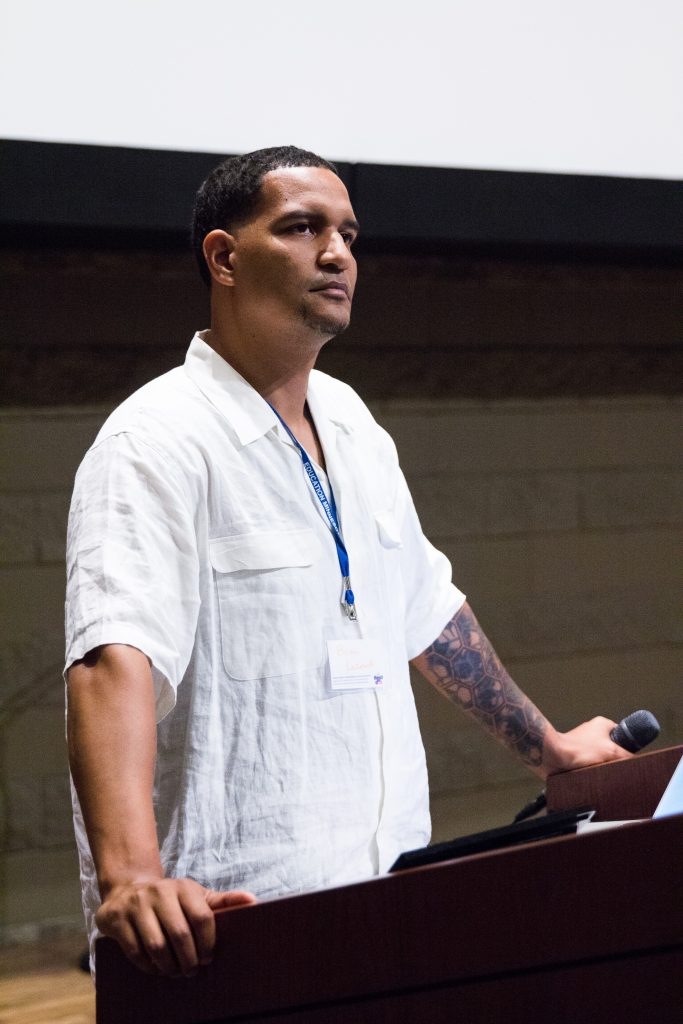
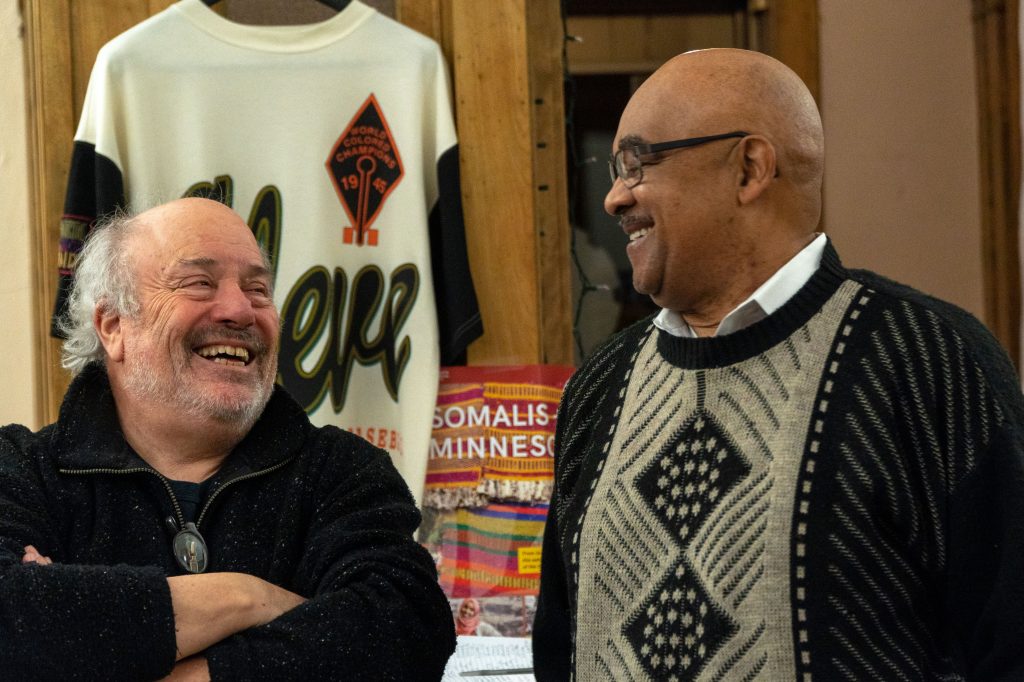
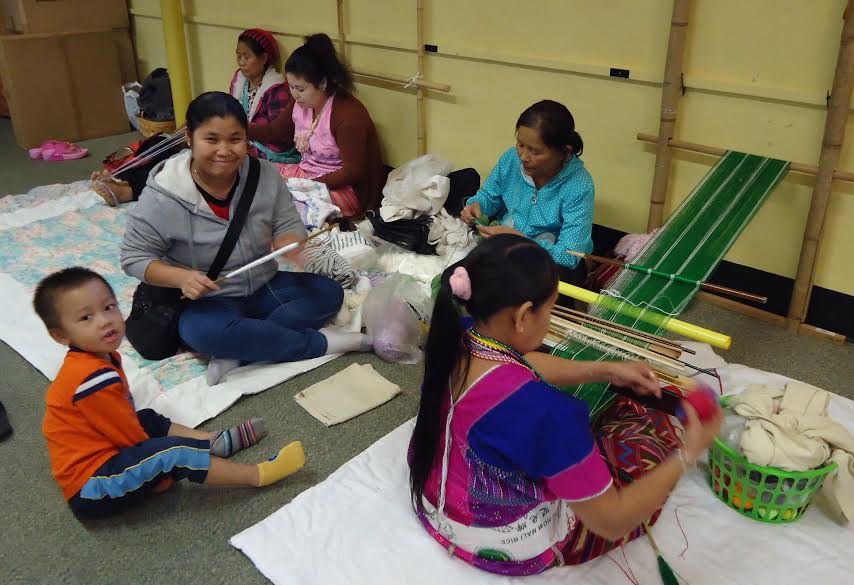
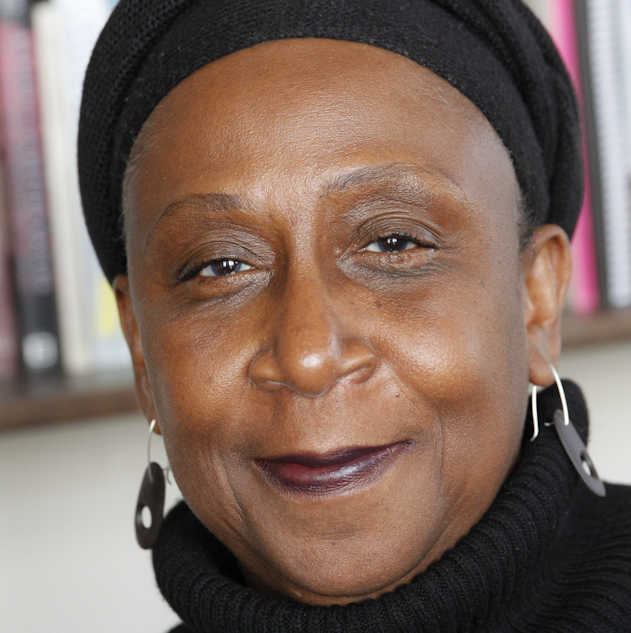
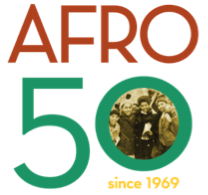
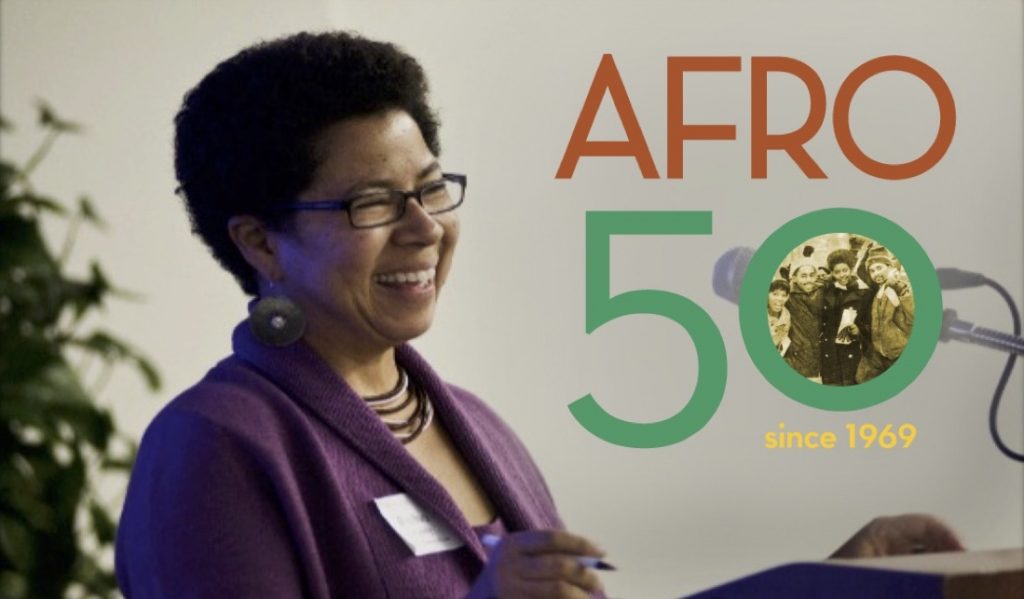
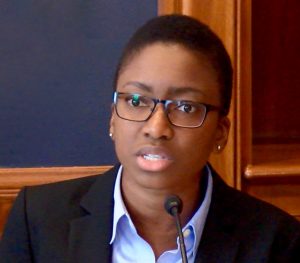 Current education and legal systems continue to have devastating eff
Current education and legal systems continue to have devastating eff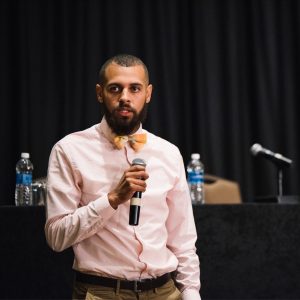
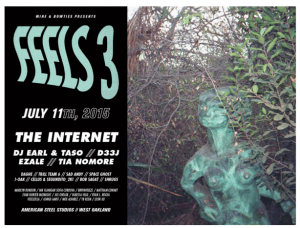



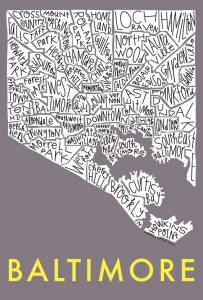
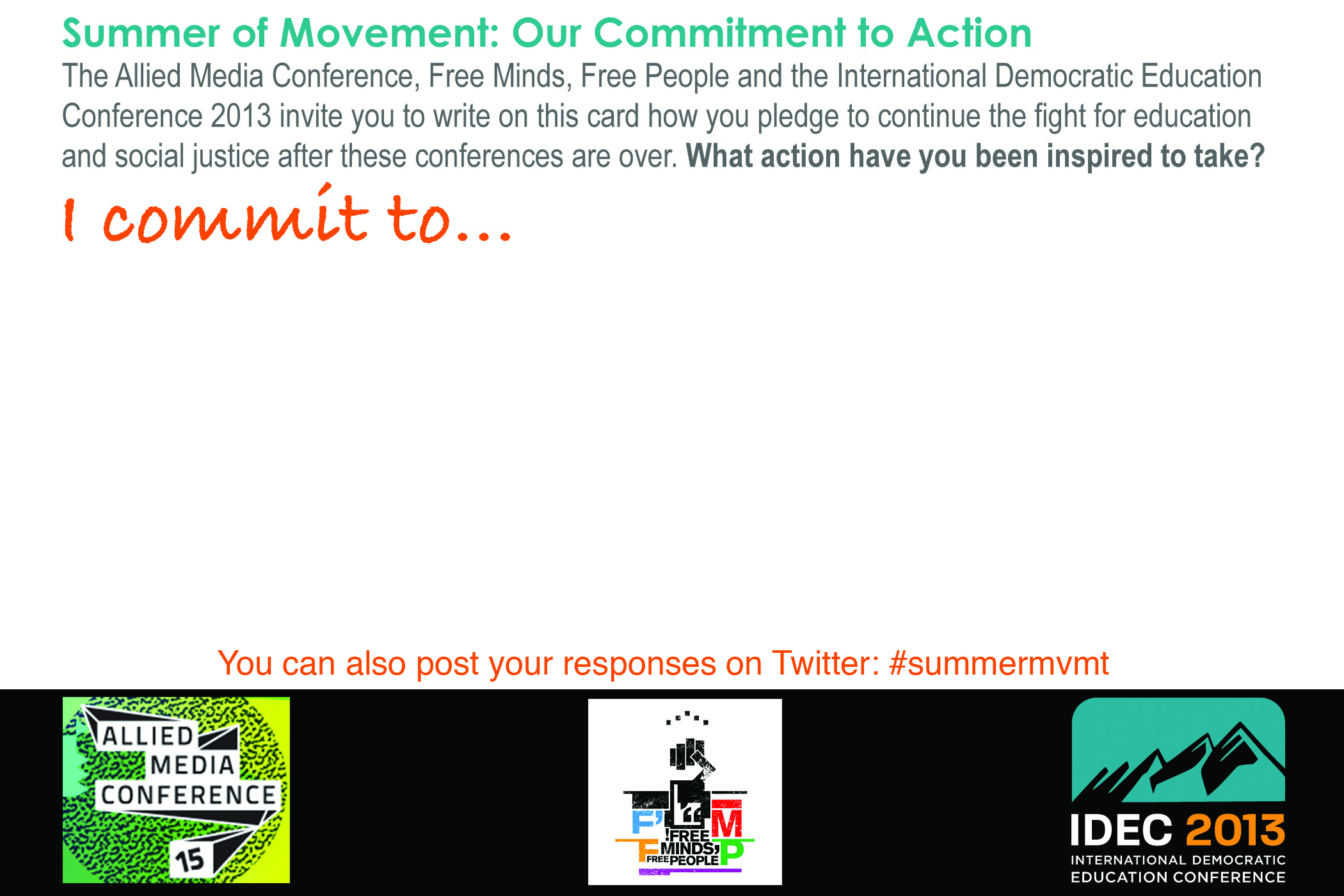
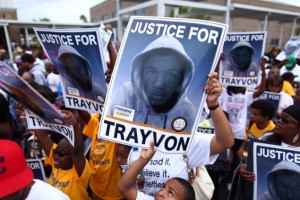
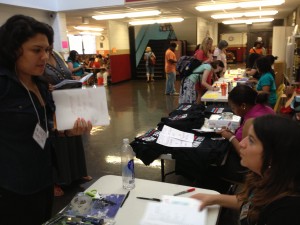
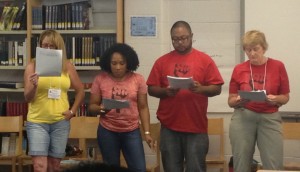
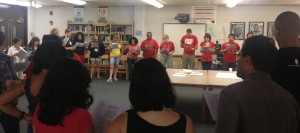
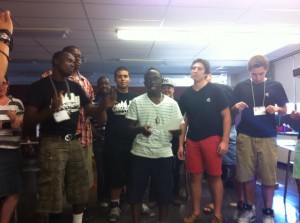

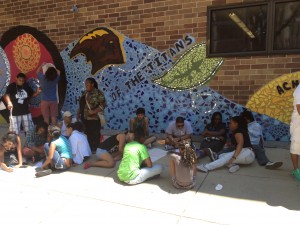

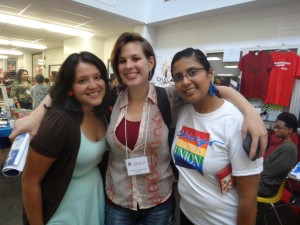
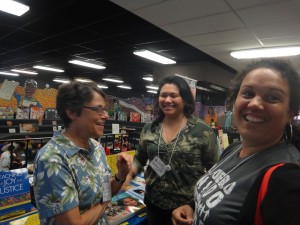

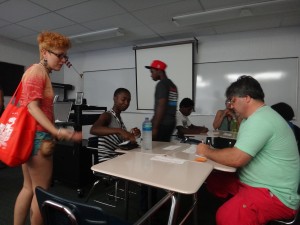
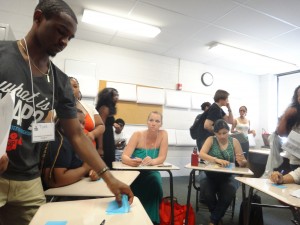
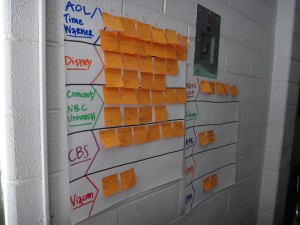
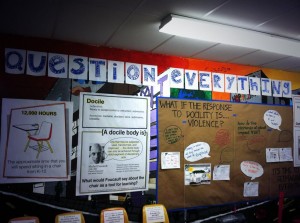
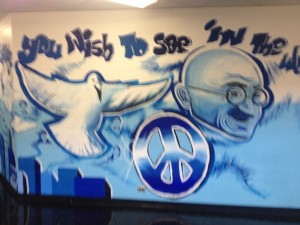
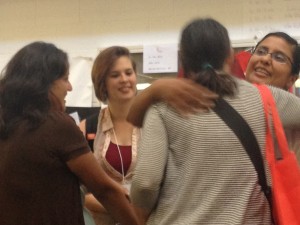
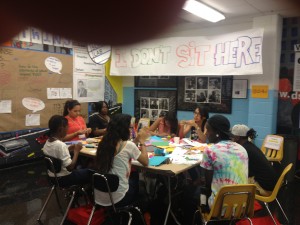
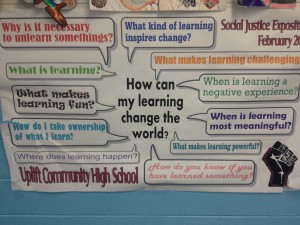
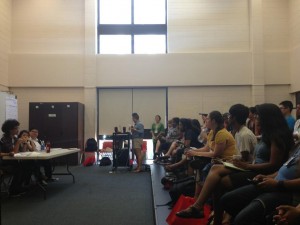
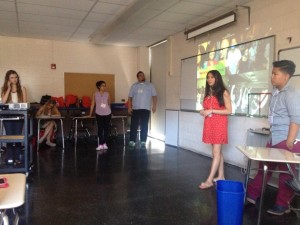
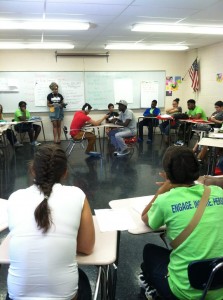
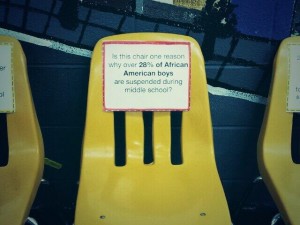
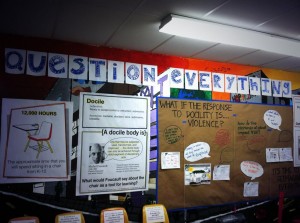
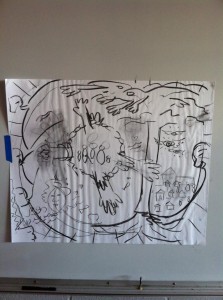
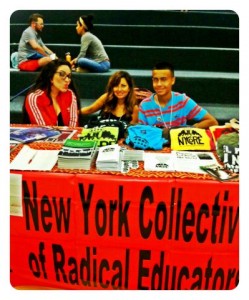
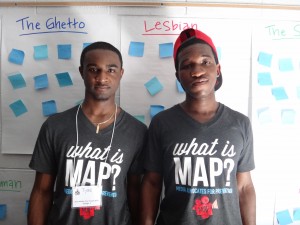
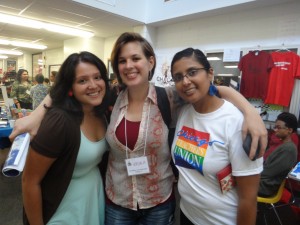
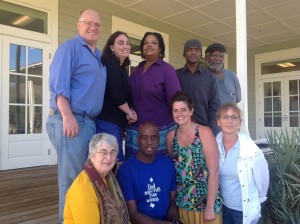
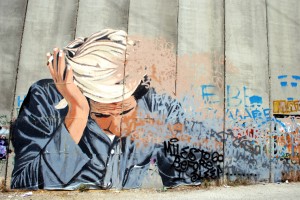
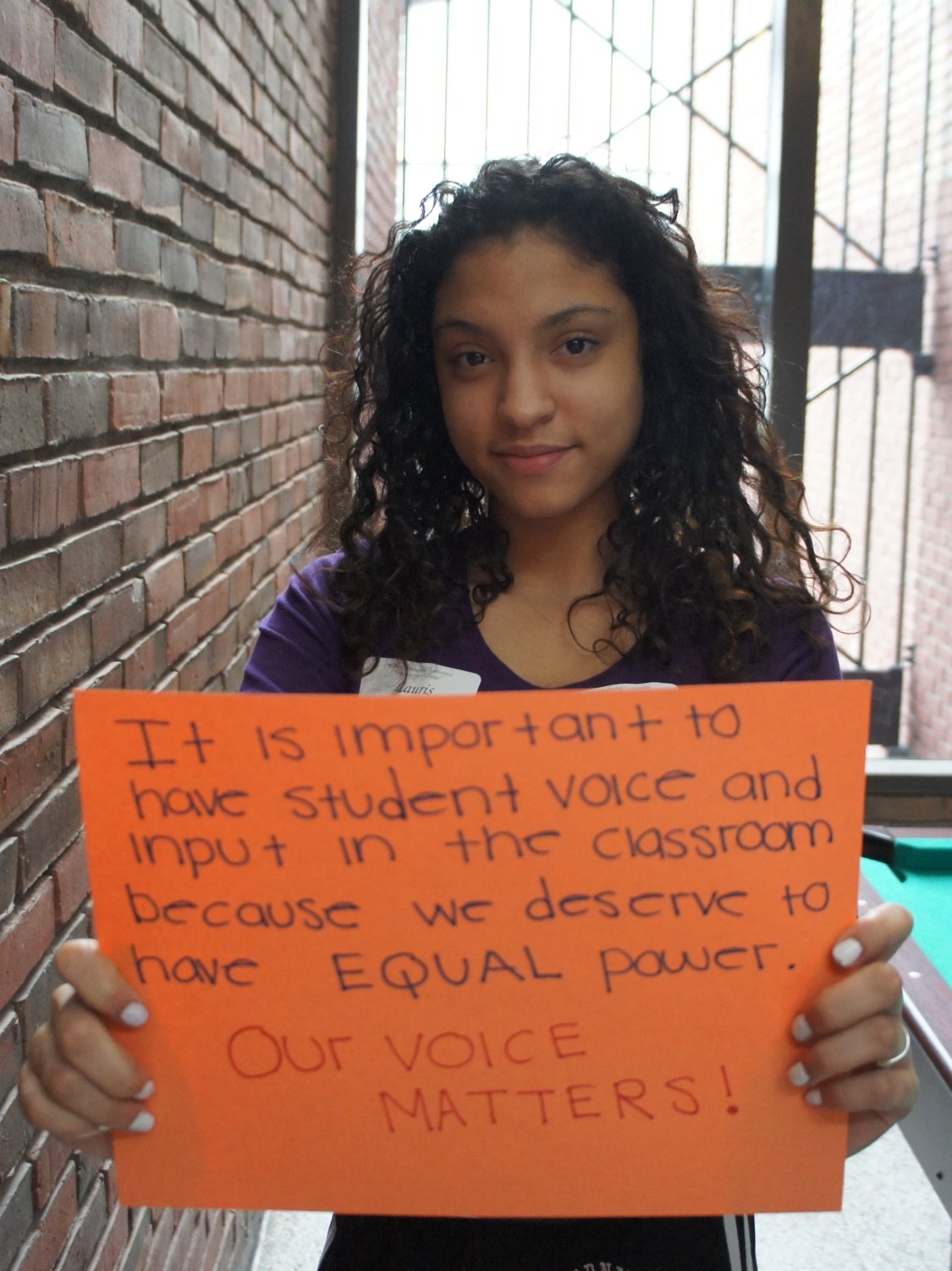
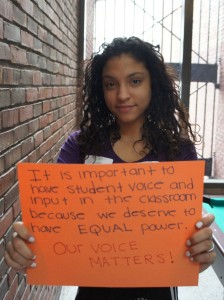
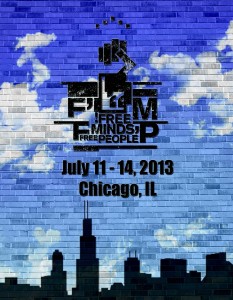
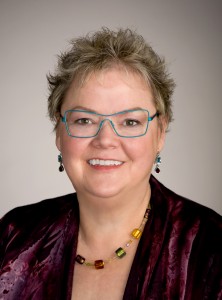
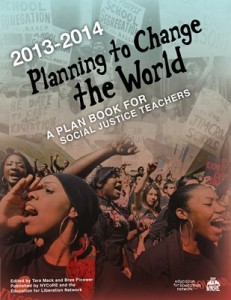
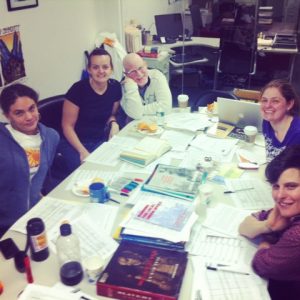


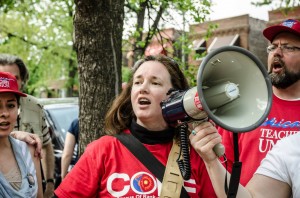
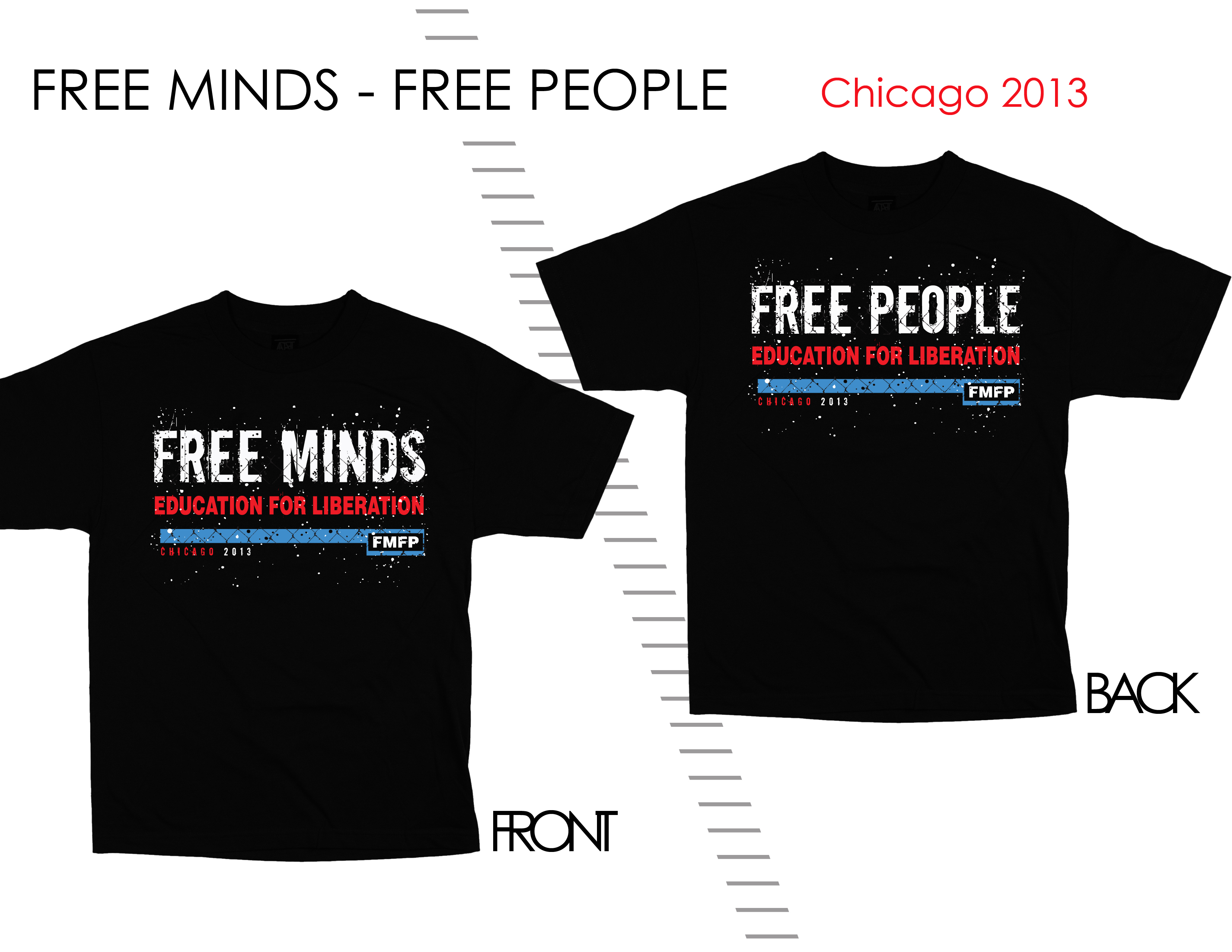
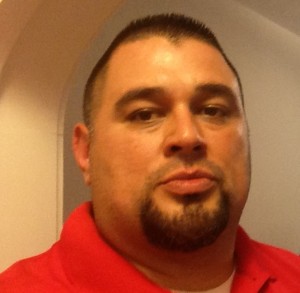 Sean Arce, teacher and consultant, Xican@ Institute for Teaching and Organizing
Sean Arce, teacher and consultant, Xican@ Institute for Teaching and Organizing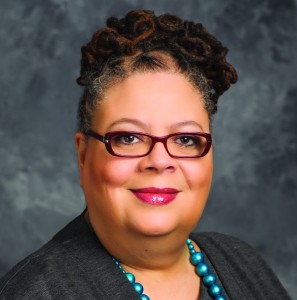 Karen Lewis, president, Chicago Teachers Union
Karen Lewis, president, Chicago Teachers Union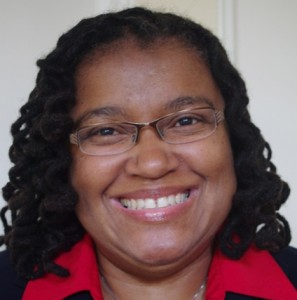 Karran Harper Royal, New Orleans public school parent and education advocate
Karran Harper Royal, New Orleans public school parent and education advocate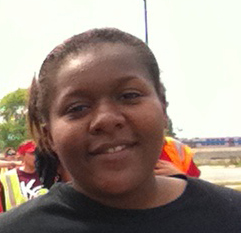 Sharron Snyder, Philadelphia Student Union
Sharron Snyder, Philadelphia Student Union